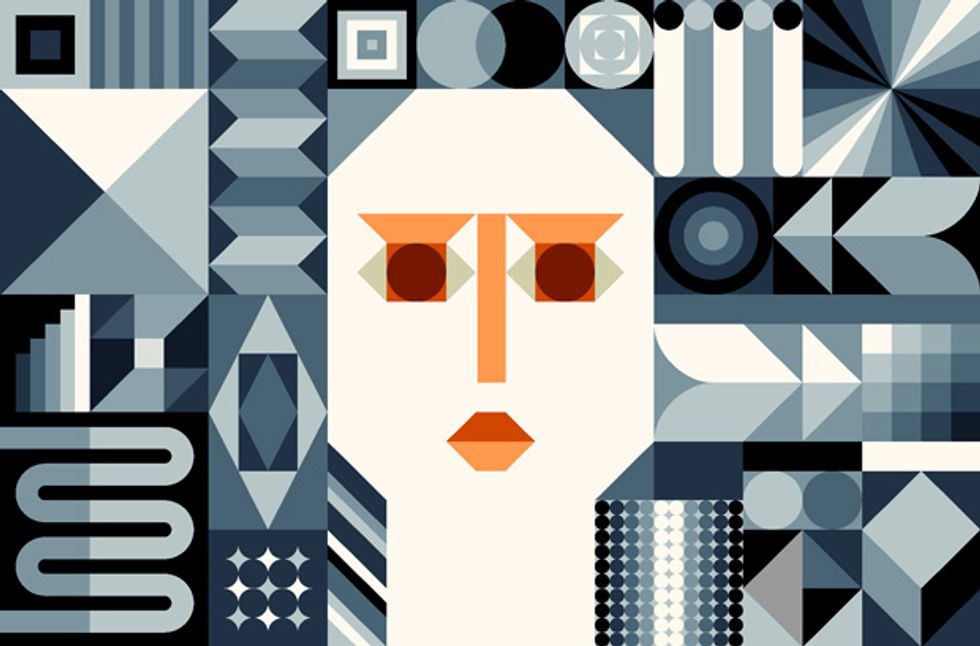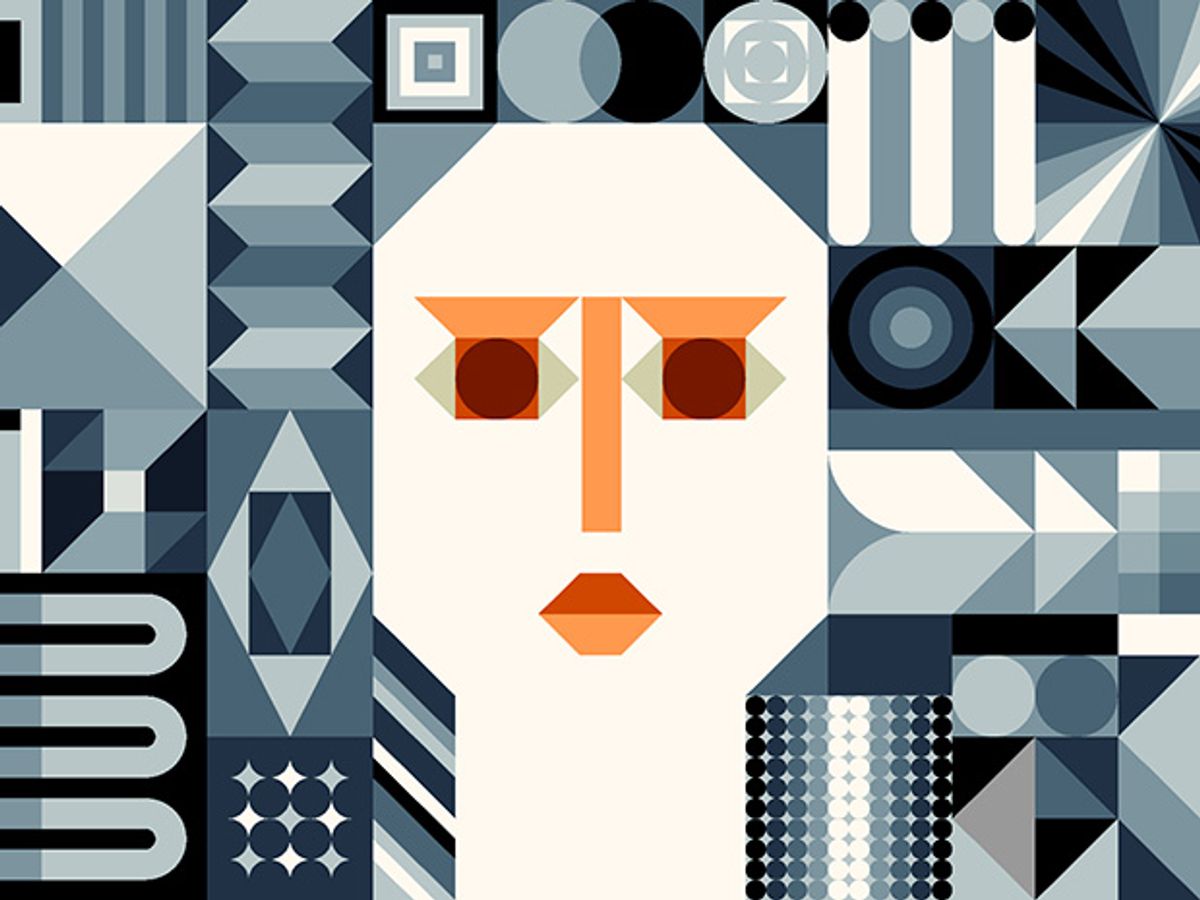
Five years ago Marc Andreessen, the Web pioneer and celebrated tech investor, predicted software would eat the world.
He turned out to be right. Too right. Software is eating the world, and also eating itself.
The cannibalization of software defies easy explanation. Software is the motor of the world’s digital economy. Code is the ground of our computationally rich existence. Software applications and platforms are the source of vast wealth for Apple, Google, Facebook, Amazon, and many other tech titans. Yet even as software grows in importance, code becomes less visible, less tangible, less understood, and—perhaps most paradoxically—less valuable in monetary terms.
How has this great shift happened? Software originally coevolved with computers themselves. The IBM System/360, the business computer of choice in the 1960s, came bundled with code, and if customers needed more or different programs, they asked IBM. In 1980, IBM chose to rely on outsiders, notably Microsoft, for PC code, igniting a ferocious race to sell programs as distinct products.
Over the past 20 years, the program as artifact has vanished. Consumers download new versions, patches, and feature improvements as easily as switching on their devices. They rarely pay for this. Software battles now occur over platforms, which define an experience such as shopping (Amazon), searching (Google), or networking (LinkedIn). Competitive advantage is now achieved through superior software, but software supremacy is neither the aim nor the result of the new game.
“Software on wheels,” for instance, now defines the car of the future, and is the reason why Google and Apple, the reigning kings of code, each are pushing for a big role in next-gen autos. No surprise that Toyota, Ford, and Daimler want their own software expertise, not to peddle programs to drivers but to enhance their new models. Without cool software, these venerable automakers might not even survive (see Tesla’s and Google’s self-driving cars).
View Uber in this same light. The company is best understood not as a taxi service on steroids but as a software-management system for personal transportation.
The bottom line: No one gets rich making software anymore. The days of Bill Gates building a fortune on the strength of shrink-wrapped programs sold like disposable diapers is gone. Software today can make you rich only by enabling you to do something else that people pay for.
Netflix, Facebook, and Google don’t get a dime from selling software, yet their revenue-producing services depend on continuously and seamlessly improving their code. Similar examples are legion.
The new logic of software has different implications for those who make it, sell it, and use it. For makers, code no longer spawns tycoons and celebrities. The last person to get famous from writing software was Linus Torvalds; and this year he celebrates the 25th anniversary of his seminal achievement. Today’s top coders are largely if not wholly unknown by the wider public; at best, they are cult figures, revered in underground communities.
Another paradox: As software becomes ever more essential to creating the digital experience, the invisibility of software is a victory for the apostles of “the free.” Hippies, misfits, and dropouts improbably created fabulous wealth through pricey apps in the last two decades of the 20th century. Some among these characters, notably Richard Stallman, promoted a counter-ethos that conceived of software as a public good, available without charge to all.
That free software sits at the heart of an explosion of profitable digital services is the latest, greatest riddle of global capitalism—and a sobering message for the poets of programming. Code writers are essential and well paid but increasingly interchangeable and anonymous.
For this, we should not pity the programmer, and we should remember: Hope springs from the unseen.
This article appears in the November 2016 print issue as “The Invisible Technology.”
About the Author
G. Pascal Zachary is a professor of practice at Arizona State University’s School for the Future of Innovation in Society.
